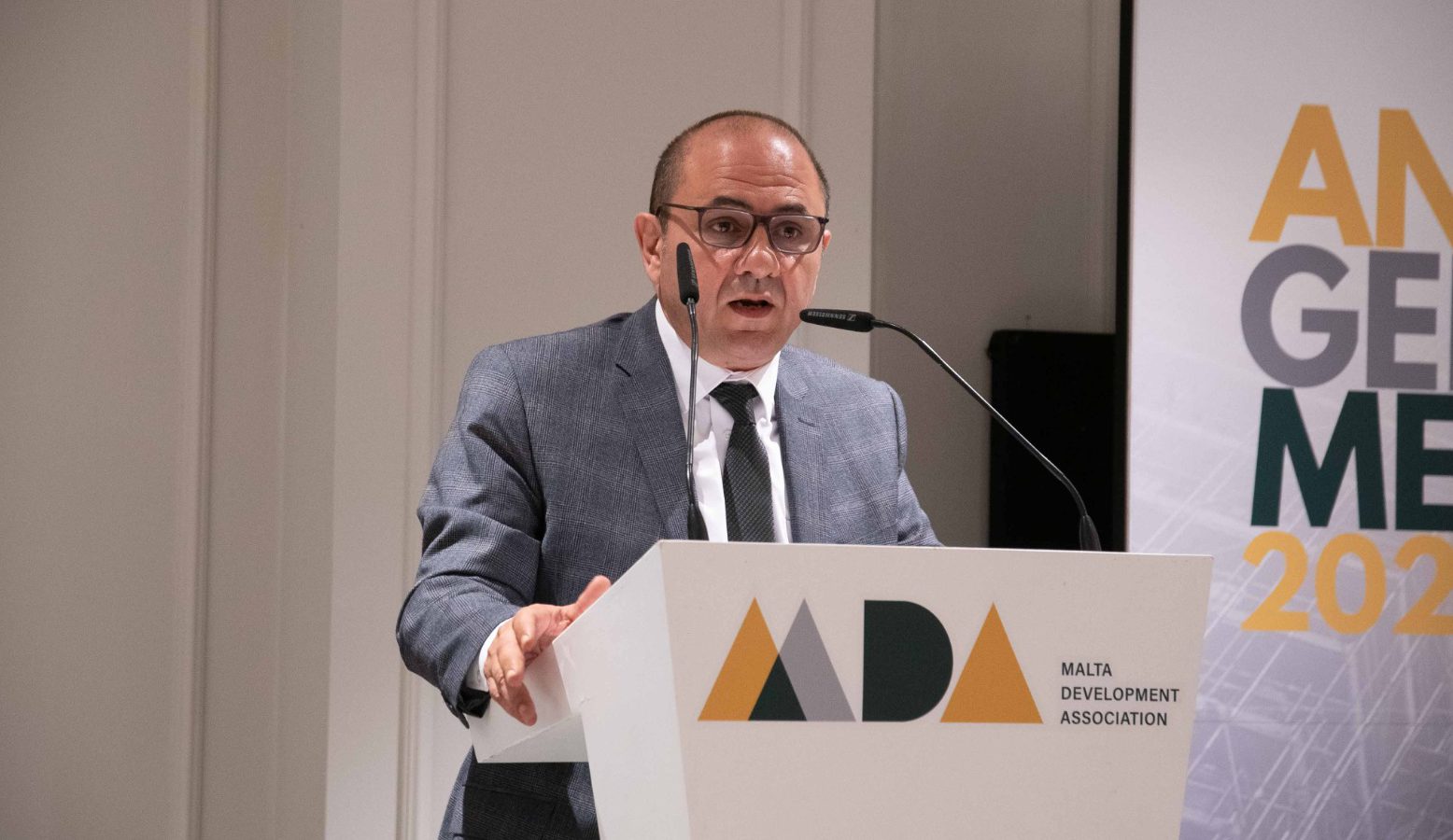Maltese authorities must have the courage to take unpopular decisions if they hope to leave a legacy of improvement in the country’s urban fabric, according to Malta Development Association President Michael Stivala, who however warned against an overreliance on bureaucratic measures that place an undue burden on investors.
Speaking during a conference organised by KPMG Malta and the Malta Property Foundation last week, Mr Stivala stressed that “streamlining bureaucracy does not mean losing control”.
“When we talk about there being too much bureaucracy, we are talking about the fact that developers are left breathless with requirements before they even lay a stone,” he said. “We face 21 different authorities and departments, under different Ministers, different CEOs, with different mentalities. Moreover, there is no coordination between these entities.”
This lack of coordination between the different bodies involved in planning and construction is having an impact on the sector, he said: “We have members telling us that they are being bounced around from one department to another. Or, to mention another point, we still have authorities requiring hard copies in a supposedly digital age.”
While refraining from commenting on the need or otherwise of requiring input from 21 authorities and departments, Mr Stivala insisted on the need for a mechanism – “perhaps a dedicated department” – which facilitates communication between these entities to ensure that there is some element of coordination.
“In fact, we are disappointed in the 2024 Budget because we wanted to see some investment in this regard, to see that a real effort is made.
“And it needs to be a serious effort, not just an on-paper solution. Because otherwise we will continue seeing what we are already experiencing – a slowdown” – referring to a persistent gap between the number of promise of sale agreements being signed and those reaching a final contract of sale, which, he said, points to an issue with developers ability to bring projects over the finish line.
“Enemalta, for example, are requiring the addition of substations all over. Cables need to be passed, but are not coordinated in time. Water services used to be governed by one rule, now by another.”
Problems affecting the property sector, he argued, cannot be seen in isolation, since it is “essential to the continued development” of key industries like iGaming and financial services.
“These industries need adequate commercial spaces. And if we as developers cannot respond to the demands of these other sectors, if we cannot satisfy their requirements, we will have issues that go far beyond our sector.”
Mr Stivala continued: “People want to buy property, to invest in our sector. The challenge is how to organise our sector better.
“Should we have more parking on the roads? It’s not an easy decision. The reality is that there can be a large gap between what we really need to what makes politicians popular,” he said, referring to the recent decision to ban kick scooter rentals. “There were some 25,000 daily scooter trips over the summer. What will replace them?”
Similarly, tough decisions need to be taken to solve persistent issues with sewage, water and electricity supply, and public transportation. “We would have liked to see bigger investment in these areas in the budget,” he said.
Warning against hesitation, Mr Stivala said that authorities must not be fearful of taking bold decisions. “You cannot have fear. The moment you hesitate, decide to take a step back – well, you will be taking a step backwards. We need to be courageous. We need to have the courage to move forward.”
Two years since its birth, Moneybase features on Microsoft’s Customer Stories
Moneybase has now just been featured on Microsoft’s latest Customer Stories
Finance Minister confirms continuity of food and energy subsidies
Spending on food and energy subsidies as a percentage of the GDP will be at 0.7% in 2025
MHRA congratulates Glenn Micallef on EU role, highlights positive impact on Malta’s tourism and cultural sectors
The lobby group emphasised that Malta’s cultural assets and sports scene are key factors in attracting visitors and fostering economic ...






